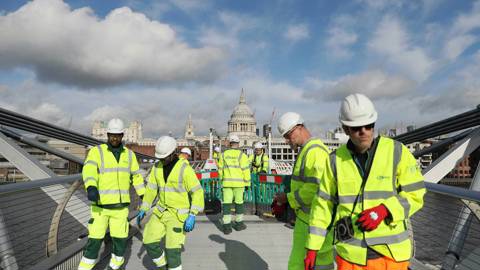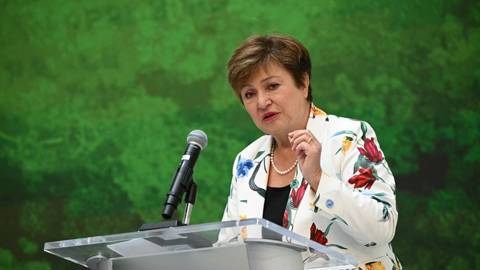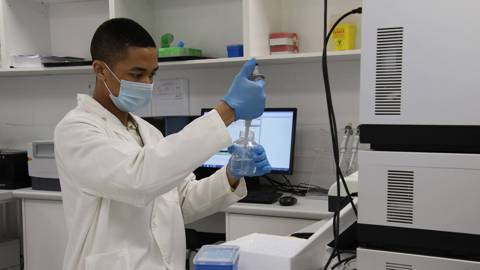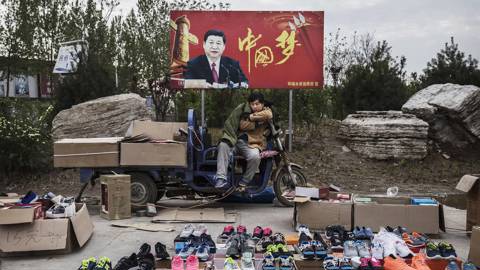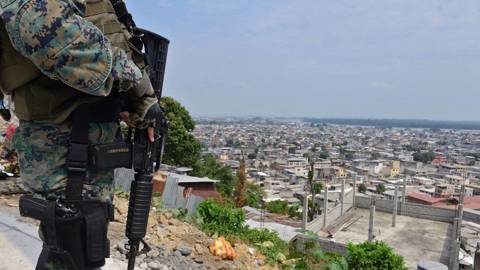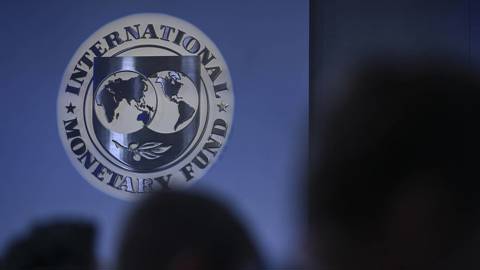Nicholas Stern
Nicholas Stern, a former chief economist of the World Bank (2000-03) and co-chair of the international High-Level Commission on Carbon Prices, is Professor of Economics and Government and Chair of the Grantham Research Institute on Climate Change and the Environment at the London School of Economics and Political Science. He is a former chair of the Stern Review on the Economics of Climate Change.
-
Water and the High Price of Bad Economics

Water and the High Price of Bad Economics
Dec 1, 2023 Mariana Mazzucato, et al. explain why new thinking is needed to address a crisis closely linked to climate change and biodiversity loss.
-
The Global Climate-Finance Challenge
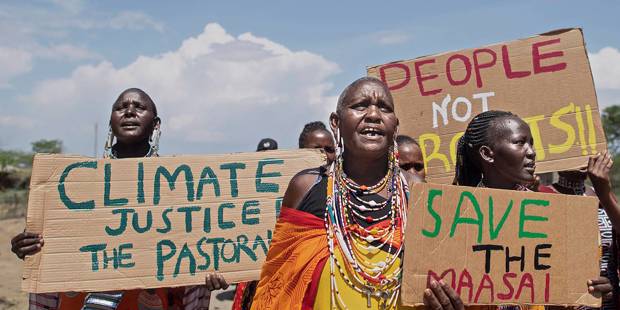
The Global Climate-Finance Challenge
Dec 8, 2022 Vera Songwe, et al. show how to mobilize the funding developing countries will need to avert the worst effects of global warming.
-
The Investment Imperative for the G7
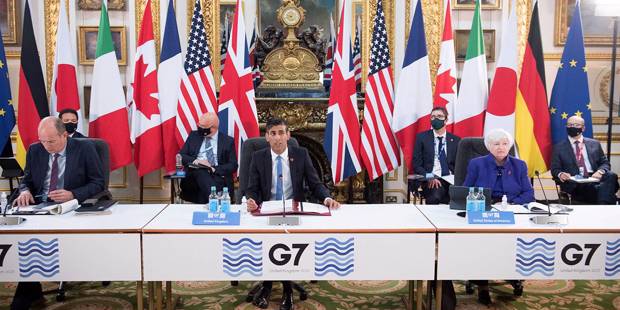
The Investment Imperative for the G7
Jun 9, 2021 Nicholas Stern sees the Cornwall summit as a vital opportunity to promote a sustainable, inclusive, and resilient recovery.
-
Getting the Social Cost of Carbon Right
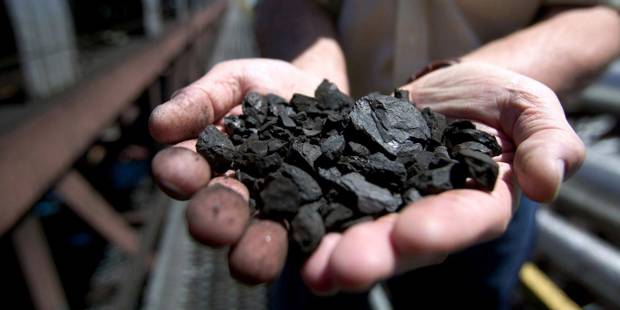
Getting the Social Cost of Carbon Right
Feb 15, 2021 Nicholas Stern & Joseph E. Stiglitz urge the Biden administration to put a higher price on greenhouse-gas emissions than its predecessors.
-
Sustainability’s Moment of Truth

Sustainability’s Moment of Truth
Oct 4, 2019 Nicholas Stern warns that our future now depends on how much we reduce greenhouse-gas emissions in the next two decades.


